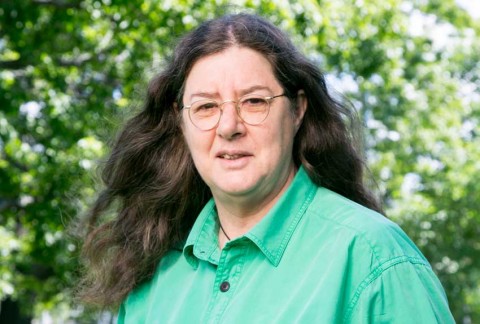It’s hard to resist making New Year resolutions. Even if you have a history of finding them broken by mid-January.
When a new year dawns we dream again of a better version of ourselves. One in which we’ll be more productive, happier, thiner, wealthier, nicer...the possibilities are endless.
If you’ve set resolutions for 2018, here are some tips to maximise your success.









